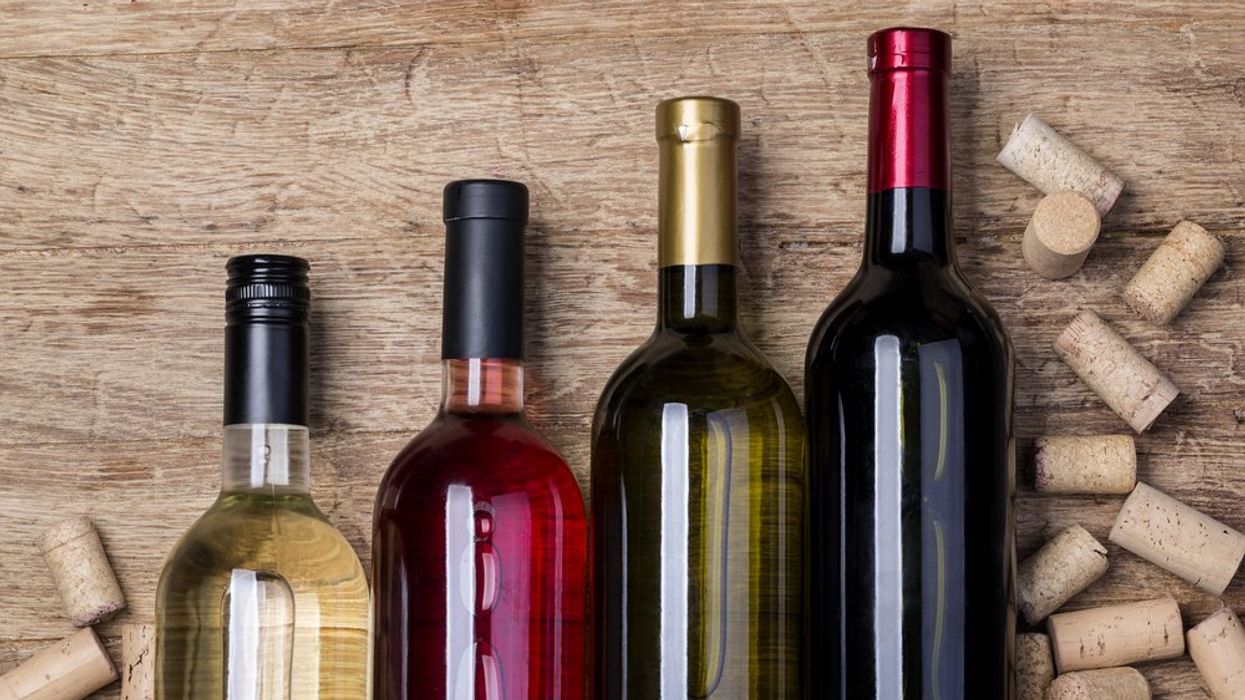If you're drinking boxed wine, you're not just saving a buck — you're also helping the planet.
When looking at the carbon footprint of the wine industry, glass production account for 30 percent of emissions, according to a study from the Wine Institute in California. Some wine bottles can weigh up to a kilogram, requiring more materials and time to create in an already energy-intensive process.
Weight also plays a role in transportation, which accounts for 13 percent of the wine industry's carbon footprint. Transportation compounded with production means heavy glass bottles account for nearly 50 percent of of the industry's emissions.
With these numbers in mind, many manufacturers have been reducing the amount of glass used in bottle production. Several companies have recently switched to bottles under 600 grams, with some going as low as 380 grams. According to the California Sustainable Winegrowing Alliance, 80 percent of wine produced in the state is now made in a certified sustainable winery.
The one factor holding back other companies is the perceived taste of the wine. For decades, sellers have claimed that consumers believe a heavy bottle indicates better wine. This is false, as experts say that the only aspect of wine that heavier bottles impact is the cost — which doesn't always indicate quality.
The switch to lighter bottles has actually proven to be beneficial financially. Jason Haas, general manager of Tablas Creek Vineyards in Paso Robles, wrote on his winery blog earlier this year that the winery had saved over $2.4 million since 2010, when they began using lighter bottles. He said at the time that “it seems like we're reaching a tipping point on moving toward lighter glass."
Haas recently told The Washington Post that the issue is “low-hanging fruit for wineries looking to make meaningful reductions in their carbon footprint.” He also noted that the misconceptions around taste do not affect sales, as Wine enthusiasts “just want bottles that will fit in their wine racks.”
Environmentalists recommend supporting wineries that are certified sustainable from organizations such as such as B Corp or Regenerative Organic. But seeing as only 31 percent of glass is recycled in the United States each year, boxed wine may not be such a bad option after all.



















































